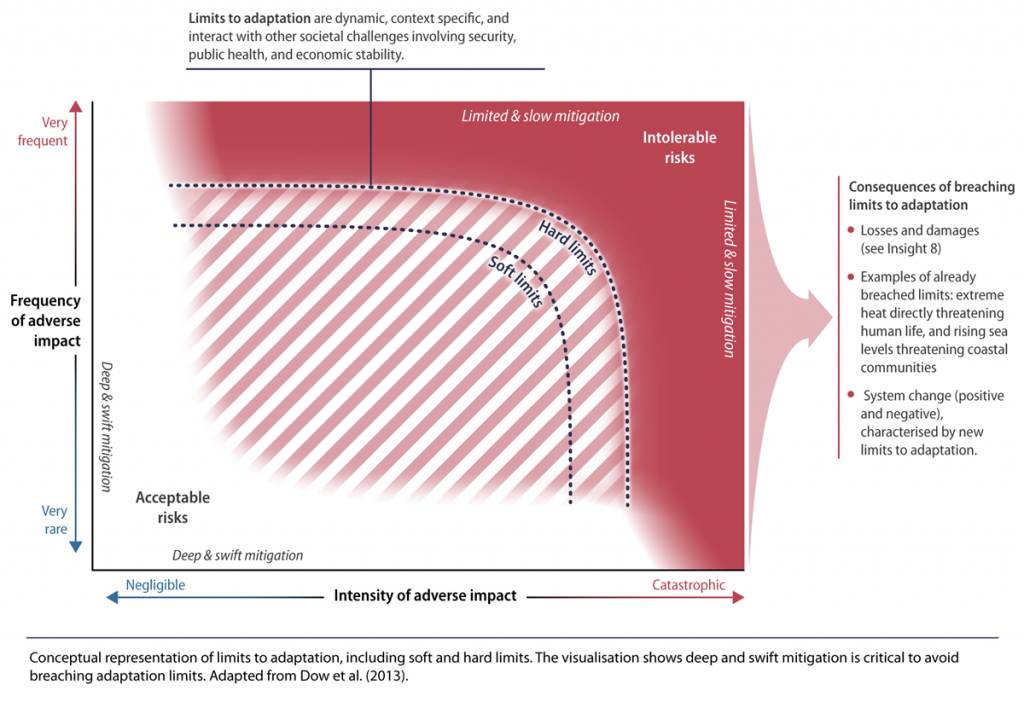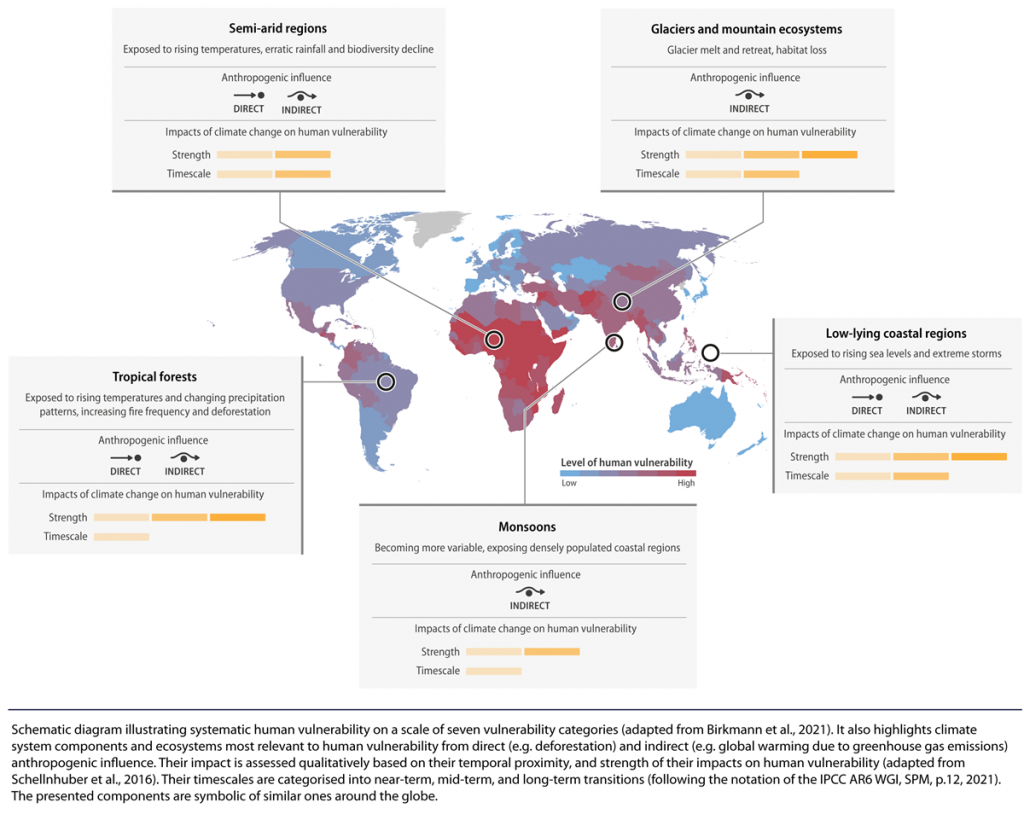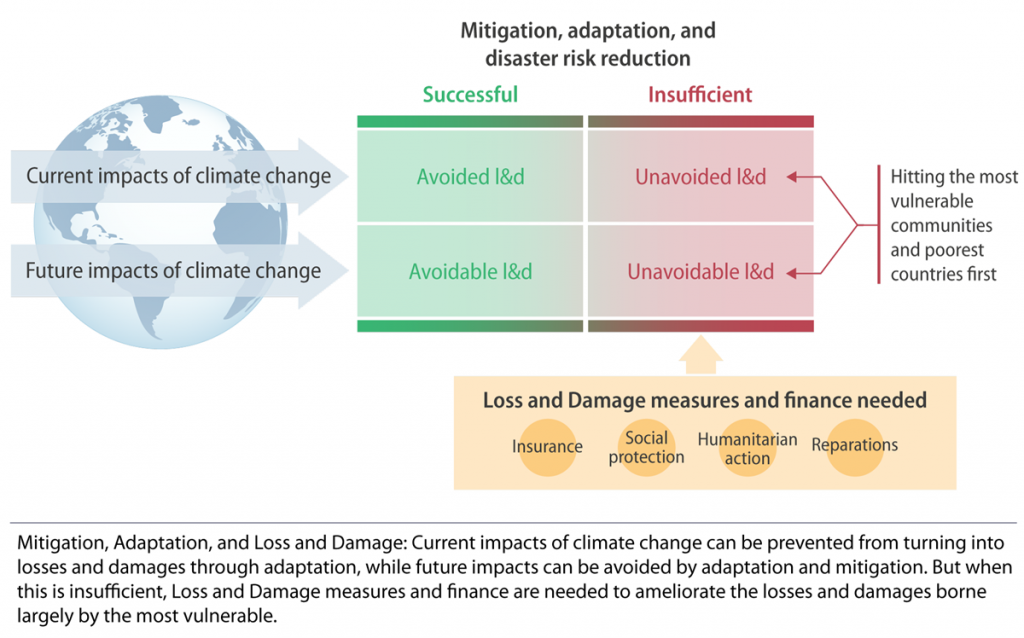10 warnings from climate science at the start of COP28
Marcos Fernández, a CREAF researcher that holds one of the prestigious European Research Council (ERC) Starting Grant, is one of the two representatives (together with a scientist from the Université de Montpellier, France) from the South of Europe in the international report '10 New Insights in Climate Science', that has been made public in a dedicated event at COP28 in Dubai. The report warns through scientific evidence that we are not being able to mitigate greenhouse gas emissions. And, therefore, that the planet is moving at an accelerated pace towards the 1.5 °C limit established in the Paris Agreement. To minimize the magnitude and time we are above it, we urgently need to reduce our dependence on fossil fuels and instead rapidly increase the pace at which renewable energy is deployed. In addition, all countries should seek an equitable and just transition, minimizing socioeconomic impacts on the most vulnerable segments of the population.

“This report is especially relevant for COP28, which underlines the need for transformative actions to address the climate crisis"
MARCOS FERNÁNDEZ, CREAF's researcher that holds one of the prestigious European Research Council (ERC) Starting Grant.
The document also warns that so far terrestrial and marine carbon sinks have grown while CO₂ emissions have increased, but science is revealing that there is great uncertainty about how nature will respond to climate change. In this regard, CREAF researcher Marcos Fernández, one of the authors of this chapter, explains that "historically, terrestrial ecosystems have absorbed 30% of carbon and the oceans 25%, but it is quite possible that they will absorb less carbon than expected in the future", for example because of changing fire regimes. Efforts to reduce emissions through nature-based solutions are therefore an immediate priority, especially as they serve to increase complementary carbon sinks and help offset emissions that are difficult to remove. An example of such solutions would be to restore tropical forests or peatlands and wetlands.

The work '10 New Insights in Climate Science' has been agreed by 60 scientists from 24 countries and is the result of a joint initiative of Future Earth, the Earth League and the World Climate Research Programme (WCRP). It has been held every year since 2017 and is aimed at the international scientific and policy community. Its objective is to help make science-based decisions and so each chapter carries policy recommendations. "This is especially relevant for COP28, which underlines the need for transformative actions to address the climate crisis," concludes Fernández.
10 insights at a glance
1. Overshooting 1.5°C is fast becoming inevitable. Minimising the magnitude and duration of overshoot is essential. Multiple lines of evidence indicate that, due to insufficient mitigation of greenhouse gases (GHGs), no pathway remains that avoids exceeding 1.5°C global warming for at least some decades, except for truly radical transformations. Minimising the magnitude and duration of the overshoot period is critical for reducing loss and damage and the risk of irreversible changes.
2. A rapid and managed fossil fuel phase-out is required to stay within the Paris Agreement target range. The fast-shrinking carbon budget means that governments and the private sector must stop enabling new fossil fuel projects, accelerate the early retirement of existing infrastructure, and rapidly increase the pace of renewable energy deployment. High-income countries must lead the transition and provide support for low-income countries. All countries should pursue an equitable and just transition, minimising socio-economic impacts on the most vulnerable segments of the population.

3. Robust policies are critical to attain the scale needed for effective carbon dioxide removal (CDR). While not a replacement for rapid and deep emissions reductions, CDR will be necessary to deal with hard-to-eliminate emissions and eventually to reduce the global temperature. Current CDR is predominantly forest-based, but rapid acceleration and deployment at scale of other CDR methods with permanent CO₂ removal is required, supported by stronger governance and better monitoring.
4. Over-reliance on natural carbon sinks is a risky strategy: their future contribution is uncertain. Until now, land and ocean carbon sinks have grown in tandem with increasing CO₂ emissions, but research is revealing uncertainty over how they will respond to additional climate change. Carbon sinks may well absorb less carbon in the future than has been presumed from existing assessments. Therefore, emission reduction efforts have immediate priority, with nature-based solutions (NBS) serving to increase carbon sinks in a complementary role to offset hard-to-abate emissions.

5. Joint governance is necessary to address the interlinked climate and biodiversity emergencies. The international conventions on climate change and biodiversity (United Nations Framework Convention on Climate Change and the Convention on Biological Diversity, respectively) must find better alignment. Ensuring that the allocation of climate finance has nature-positive safeguards and strengthening concrete cross-convention collaboration are examples of key actions in the right direction.
6. Compound events amplify climate risks and increase their uncertainty. ‘Compound events’ refer to a combination of multiple drivers and/or hazards (simultaneous or sequential), and their impacts can be greater than the sum of individual events. Identifying and preparing for specific compound events is crucial for robust risk management and providing support in emergency situations.
7. Mountain glacier loss is accelerating. Deglaciation in response to climate change is even quicker in high mountain areas, including the Hindu Kush Himalayas and Polar Regions. This threatens populations downstream with water shortages in the longer term (approximately 2 billion world-wide), and exposes mountain dwellers to increased hazards, such as flash flooding.
8. Human immobility in areas exposed to climate risks is increasing. People facing climate risks may be unable or unwilling to relocate, and existing institutional frameworks do not account for immobility and are insufficient to anticipate or support the needs of these populations.

9. New tools to operationalise justice enable more effective climate adaptation. Monitoring the distinct dimensions of justice and incorporating them as part of strategic climate adaptation planning and evaluation can build resilience to climate change and decrease the risk of maladaptation.
10. Reforming food systems contributes to just climate action. Food systems have a key role to play in climate action, with viable mitigation options spanning from production to consumption. However, interventions should be designed with and for equity and justice as linked outcomes, and implementation of mitigation measures should be done inclusively with diverse stakeholders across multiple scales.







